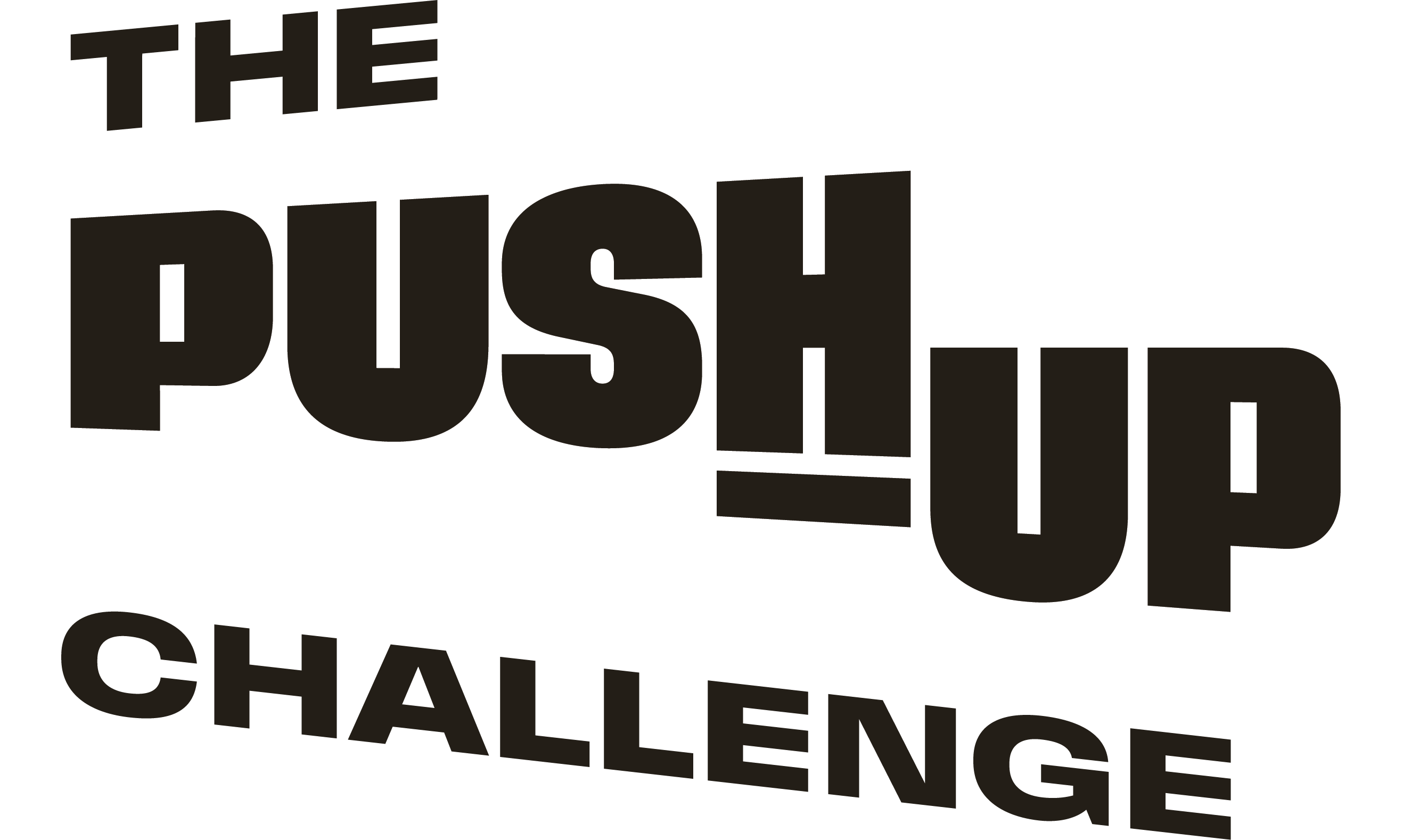Iain, from Mackay, Queensland, lost his 14-year-old daughter, Ashley, to suicide in 2021. He has participated in The Push-Up Challenge twice, raising almost $15,000 for mental health in the last 3 years. Iain shares his story with us here, including how he has dealt with grief, and why we should never judge someone who says they are struggling.

Ashley and Iain
Why did you decide to sign up to The Push-Up Challenge?
My first involvement was in 2020. It really came about because of the Covid lockdown. A friend I played football with 30 years ago sent a message out to a group of us: “We’re not going to get lazy because of this lockdown. Here’s our daily workout routine - and we should all sign up to this Push-Up Challenge.”
I’d never heard of The Push-Up Challenge, so when I looked it up I thought, ‘Oh yeah, that’s something I could get behind.‘ A couple of years prior, my niece's son had taken his own life. So, I thought, that certainly means something to me, I'll get behind that.
Then, in November 2021 was when we lost our daughter. So, I was keen to get involved again. All those guys who had done that one with me in 2020 all jumped on board.
Losing your daughter must have been immensely painful.
One of the harder things was, my eldest daughter was in Melbourne at uni, and my wife was also in Melbourne, because her mother was going through end-of-life care. So, this happened on my watch. So, there’s a lot of what-ifs: 'What if I'd worked from home that day? Would it have prevented it? Or would it just have delayed it?' I don’t know.
It was a really difficult period. We lost Ashley and then 10 days later, we lost my wife’s mother too. A couple of days after that, I lost a really close friend to cancer as well. It was a horrendous time.
You see people just after Christmas and New Year, they say, ‘How was your Christmas?’ I say, ‘Christmas was f*****, it’s always going to be f*****, because there’s an empty seat at the table.’
How was your own mental health affected after losing Ashley?
I had this discussion with my eldest daughter last week. I don’t think that I've ever suffered depression, or anxiety. I've certainly still got a lot of grief and sadness over losing Ashley. But I’m still functioning, I still go to work, I still do normal day-to-day things.
The grief and sadness, I don’t think will ever go away. I still cry for her every day.
It’s not something that you’re ever going to get over. You’ve got to get through it, because you’re never going to get over it. That's the way I feel about it.
What have you found has helped you keep going?
Staying active and busy is my therapy. Because the triggers that hurt are more likely to come to the surface when you’re sitting, doing nothing or when you’re on your own. Like driving in traffic - I take a half-hour drive somewhere, and get to the destination and get out of the car, and I can’t remember one second of that drive.

Ashley, second from right, with her family
Did your community get behind your involvement in The Push-Up Challenge?
There were days last year where there were 200 push-ups to do on a Saturday. I play golf on Saturday – so I'd hit my tee shot, and then I'd get down and do 10 push-ups. The other guys are shaking their heads, going, ‘What are you doing?’ And I'm going, ‘I’m doing The Push-Up Challenge, and when we finish, you’re going to get your credit card out, and you’re going to give me 50 bucks.’ And every time, when you explain what it’s all about, they say, ‘Yep, ok’. Last year, with the golf club and the footy club, everyone really got behind it and I raised over $5,000.
What would you like other people to know about mental health?
I often said to my niece, ‘I don’t get mental illness, because it’s never been an issue for me personally.’ And when I say I don’t get mental illness, I don’t understand it, and I can’t pretend to understand it because I've never experienced it. So, if someone says they’re struggling, just take that at face value. You don’t judge. The other thing, you know, you’ve got to walk a mile in their shoes before you pass judgement.
Is there anything you would say to someone experiencing similar challenges to what Ashley may have been?
If I could have the opportunity again just to say to Ashley, ‘Whatever it is you’re feeling at the moment, a short way down the track, you might look back at this and think...’ it may not have been as significant as she thought. It's a very long-term solution to what’s sometimes a short-term issue.
How would you like Ashley to be remembered?
She could have been anything. She could have been. She was very switched-on... just so beautiful. She could have been anything.
Why do you think it’s so important that we push for better mental health in Australia?
Ashley died, but we’re all victims of suicide. And we’re suicide survivors I guess, as well. If there’s a better system or a better service that can help one person or one family, then it’s worth trying. Nothing I do is ever going to bring Ashley back. But if raising some funds and getting help to people who need it is going to stop one other family having to go through this, then it’s worth it.


Ashley
Ashley with her sister, Emma
Read more participant stories on our blog.
If you or someone you know is experiencing mental health challenges, Lifeline offers 24/7 crisis support on 131 114.




